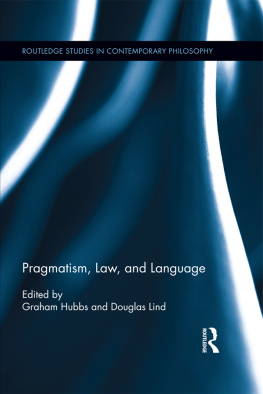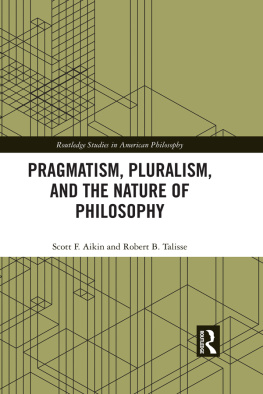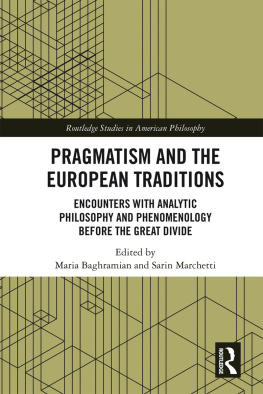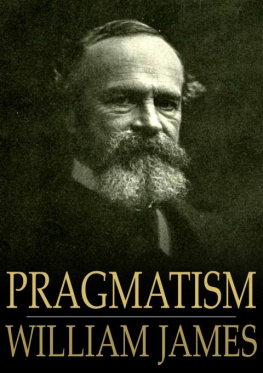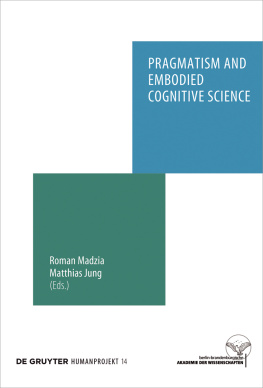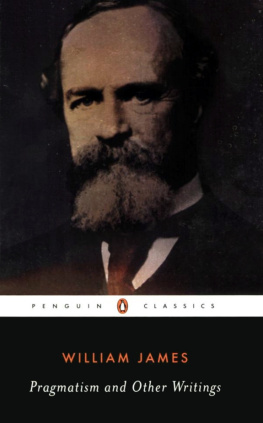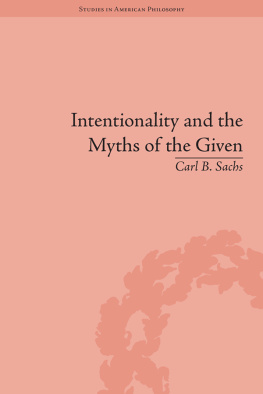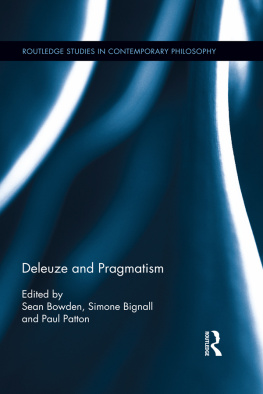Robert B. Brandom
I. Indeterminateness and Rational Authority
The specter of skepticism haunts the philosophy of law. (Or at least, there is a neighborhood of that bustling city demarcated by a dominating concern with that potentially destructive apparition.) The engagement of early modern philosophy with skepticism traced out an arc, from the epistemological skepticism from which Descartes recoiled to the more radical semantic skepticism that Kant was concerned to forestall. Where Descartess inquiry into the conditions of the possibility of empirical knowledge could take for granted the subjects grasp of ideas that at least purported to represent how the objective world actually is, Kant dug deeper to investigate what is required to make intelligible the contentfulness of concepts in any sense that includes their objective representational purport. The sort of skepticism in the philosophy of law that I am concerned with here is also a specifically semantic skepticism. While there are legitimate epistemological questions about the practices and procedures by which various participants seek to know what the law is, the issues I am addressing are a matter rather of the intelligibility of the determinate contentfulness of the concepts that articulate laws. It is a mark of the distinctiveness of the realm of law that any semantic skeptical threat to the intelligibility of legal concepts as determinately contentful carries with it a collateral threat to the ontological status of legal statuses such as obligations and rights, which are instituted by laws.
The reason the rather abstract issue of semantic skepticism about the determinateness of legal concepts matters is that the rational authority of legal judgments and legal argumentation derives from the capacity of laws articulated by those concepts to serve as reasons justifying those judgments. The significance of the semantics of legal concepts lies in the normative pragmatic difference it makes. The content of concepts affects what one is committed and entitled to by applying those concepts in judgment and argumentation. Some kinds of semantic indeterminateness of legal concepts would undercut the rational credentials of legal arguments and the normative authority of legal
So one way of approaching the question of what sort of semantic skepticism must be avoided so as not to fall into legal nihilism about the rationality of legal argumentation and judgment concerning the application of legal concepts is to ask: what sort of determinateness of content is required for legal concepts to support assessments of what applications are and what are not rationally justified by principles expressed by the use of those concepts? One natural answer appeals to sharpness of the boundaries distinguishing what falls under the concepts and what does not. Here the operative ideal might be that cases specified in non-legal vocabulary (or in legal vocabulary that is in some sense at a different level from that being applied) should unambiguously determine the correct applicability of various legal concepts. Sharpness of boundaries is indeed a relevant issue, but I think we can see that if it is the rational justifiability of legal judgments and (so) the rational authority of legal norms (including those explicit in the form of laws or principles) that is potentially threatened by semantic indeterminateness, then we should look upstream of the issue of the definiteness of extension of legal concepts. What matters in the first instance is rather the definiteness of inference : of what considerations are reasons for and against judgments employing legal concepts.
Legal reasoninglike most medical or financial reasoning, and indeed, like almost all reasoning outside of mathematics and fundamental physicsis seldom formally, logically valid reasoning. The goodness of the inferences it relies on is rather material goodness. That is, the goodness of the reasoning essentially depends on the contents of the non-logical concepts it involves. Such reasoning can nonetheless be dispositive (and in that way like logical deduction). The inference from A is to the East of B, so B is to the West of A is a material inference, since it essentially depends on the contents of the non-logical concepts East and West . But it is dispositive nonetheless. But most legal reasoninglike most medical or financial reasoningis probative rather than dispositive. This need not mean that it has the right shape to be properly understood in terms of the weights of various evidential considerations. Rather it means that almost all the reasons considered are defeasible . The fact that p might provide very good reason for the conclusion that q. It need not follow that if in addition r is true, then p&r provides a good reason to conclude that q . In the medical case, the patients high fever is, by itself, a good reason to suspect bacterial infection. Add the information that the patient was just administered the anesthetic halothane and the conclusion no longer follows. However if in addition the patient has a high white blood-cell count, the presence of infection again becomes likelyunless the patient is leukemic. And so on. This defeasibility means that material inferences, including the inferences that articulate legal concepts, unlike logical ones, are in general non-monotonic : a good inference can be turned into a bad one by adding further premises.
It is just here that semantic indeterminateness threatens the rational authority of legal reasoning and (so) judgment. The sort of indeterminateness of legal concepts that would pose such a threat is indeterminateness concerning which inferences to legal conclusions (conclusions making essential use of legal concepts) are materially good or bad ones, and which additional considerations would either defeat them or reinstate those inferences. (Although talk of sharpness of boundaries of legal concepts can capture some of this concern, the home of such extensional talk is monotonic, indefeasible reasoning, and it is not particularly helpful in the non-monotonic realm of non-formal reasoning.) Insofar as it is not settled by the contents of legal concepts what would count as reasons for and against judgments articulated by the use of those concepts, and what additional premises would infirm or support those inferences, that indeterminateness will rob legal judgments in the vicinity of the sort of normative authority that can only derive from applications of legal concepts being subject to appropriately constrained assessments of the goodness of reasons for or against them. The semantic indeterminateness that would matter most, then, would be that concerning the complex network of non-monotonic inferential and incompatibility relations that articulates the contents of legal concepts.
Why might one think that legal concepts and principles are semantically indeterminate in this sense? One line of thought that has been influential over the last half century or so is Wittgensteins argument that, as I would put the point, norms explicit in the form of statable rules and principles are intelligible as underwriting determinate assessments of the correctness or incorrectness of various applications and inferences only against a background of implicit practical norms. Rules are not self-applying, and they do not explicitly say what follows from them or is incompatible with them. Consequences can be extracted from them only in the context of practices of distinguishing correct from incorrect inferences from those principles serving as premises. For any particular such inferential connection, or course, there might be another explicit rule that told us it was correct to draw that conclusion from the original principle. But the lesson of Lewis Carrolls fable Achilles and the Tortoise is that it does not make sense to think of all the inferences as codified in explicit principles. The regress of explicit interpretations must bottom out in something that is not an interpretation (in Wittgensteins sense of substituting one formulation of a rule for another). One cannot dispense with constellations of practices that implicitly treat some applications of concepts as correct and others as incorrect. Norms explicit in the form of rules or principles necessarily float on a supporting sea of norms implicit in practice. Call this the regress of interpretations point.

